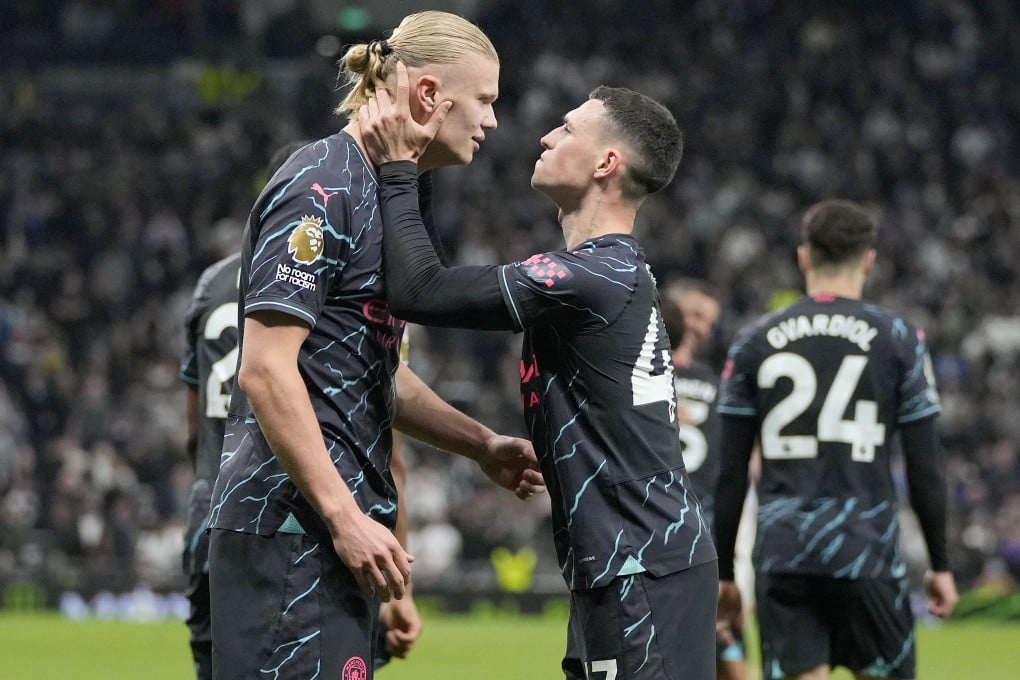
Fantasy Premier League (FPL) is no longer just a sidebar amusement for football fans; it has grown into a seismic shift in the way supporters engage with the beautiful game. With its intricate blend of strategy, statistics, and a sprinkle of luck, FPL has captivated millions across the globe, transforming casual viewers into deeply invested analysts of player performance. This cultural shift is reshaping how fans experience football, prioritizing individual brilliance over team allegiance in ways previously unimaginable.
The Evolution of Fantasy Premier League
Originating in the early 2000s as a niche interest, Fantasy Premier League has burgeoned into a global craze. The game invites participants to create their own teams by selecting real-life players from the Premier League. Each player's performance on the pitch directly influences the user's fantasy score, encouraging a tactical approach akin to that of a football manager. The essence of FPL lies in its statistics-driven strategy, where managers must balance a budget, predict player form, and navigate the complexities of fixtures, injuries, and suspensions.
The Impact on Fan Engagement
FPL has fundamentally altered how fans watch matches, shifting the focus from team loyalties to player performances. This player-centric view has made matches involving any team in the Premier League relevant to FPL managers. For instance, a mid-table clash between Crystal Palace and Brentford might hold little significance in the league standings, but for an FPL manager with Ivan Toney in their squad, every touch of the ball becomes a potential point-scoring opportunity.
The game has also fostered a global community, uniting fans from diverse backgrounds in a shared pursuit of fantasy glory. The competitive nature of FPL has led to the creation of leagues where friends, families, and even colleagues compete against each other, often with bragging rights and small wagers at stake.
A New Layer of Storytelling in Football
The narratives that unfold within the FPL universe are as compelling as those on the actual pitch. Take the story of Nathan Bannister, a Nottingham Forest fan who has ascended to the elite ranks of FPL players, breaking into the top 0.0006% worldwide. His journey underscores the competitive spirit that FPL can ignite, as well as the deep level of engagement it fosters. Bannister's success is not just a personal triumph but a testament to the analytical and strategic depth that FPL requires.
The Psychological Shift in Football Consumption
For many, FPL has redefined what it means to be a football fan. Traditional allegiances to a single club are now complemented by an interest in individual players and their statistical outputs. This dual focus can lead to internal conflicts during matches, as fans find themselves hoping for clean sheets, goals, or assists from players on opposing teams to boost their fantasy scores.
A BBC Sport article highlights how some fans, like Bannister, watch games first as FPL managers and second as supporters of their own teams. This shift has introduced a new dynamic to matchday experiences, where the joy of a team victory might be tempered by the disappointment of a fantasy captain failing to deliver.
The Social Aspect and Global Reach
The communal aspect of FPL cannot be overstated. Online forums and social media platforms buzz with discussions about player selections, transfer strategies, and wildcard choices. The camaraderie extends beyond borders, with international leagues forming among players from different continents, all vying for the top spot.
Furthermore, the global nature of FPL has brought attention to players from lesser-followed clubs and leagues. Suddenly, a player like Ola Aina of Nottingham Forest can become a household name among millions of FPL managers, his performances scrutinized with the same intensity as those of a Premier League superstar.
The Challenges and Opportunities Ahead
As FPL continues to grow, it faces the challenge of maintaining its allure amidst the ever-changing landscape of football. The introduction of new features, such as the FPL mystery chip, aims to keep the game fresh and engaging. However, the core appeal lies in its ability to make every Premier League match matter, regardless of the teams involved.
For clubs, the rise of FPL presents both challenges and opportunities. On one hand, players' performances in fantasy can influence perceptions and narratives around clubs. On the other hand, the increased attention can boost player profiles and marketability, offering new avenues for fan engagement and revenue.
In conclusion, Fantasy Premier League is more than a game; it's a cultural phenomenon that has changed the way fans interact with football. By making every match meaningful and every player a potential hero, FPL has added a new layer of excitement to the world's most popular sport. As it continues to evolve, its impact on fan culture and football dynamics will undoubtedly grow, further intertwining the virtual and real worlds of football.